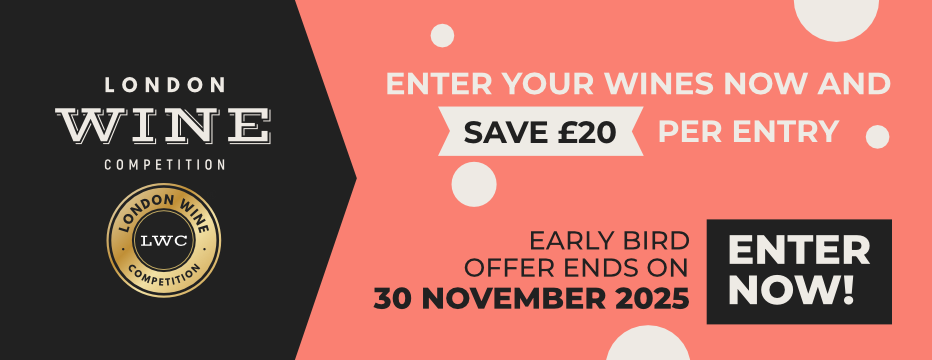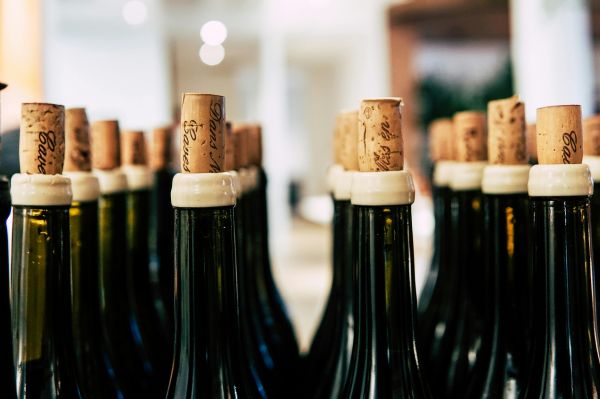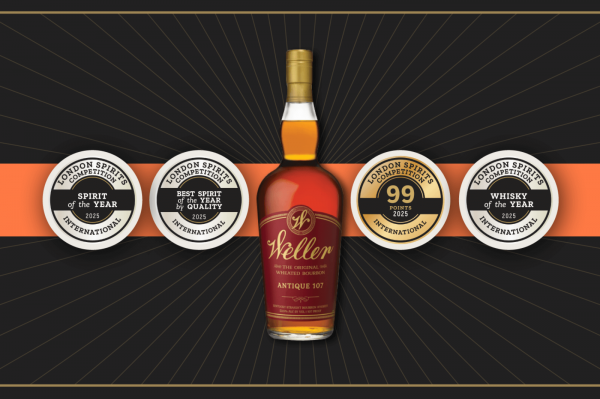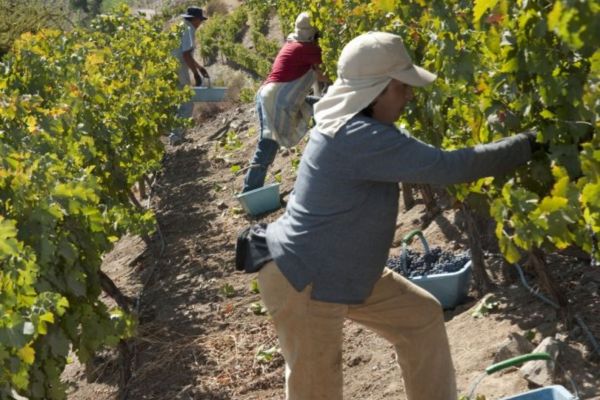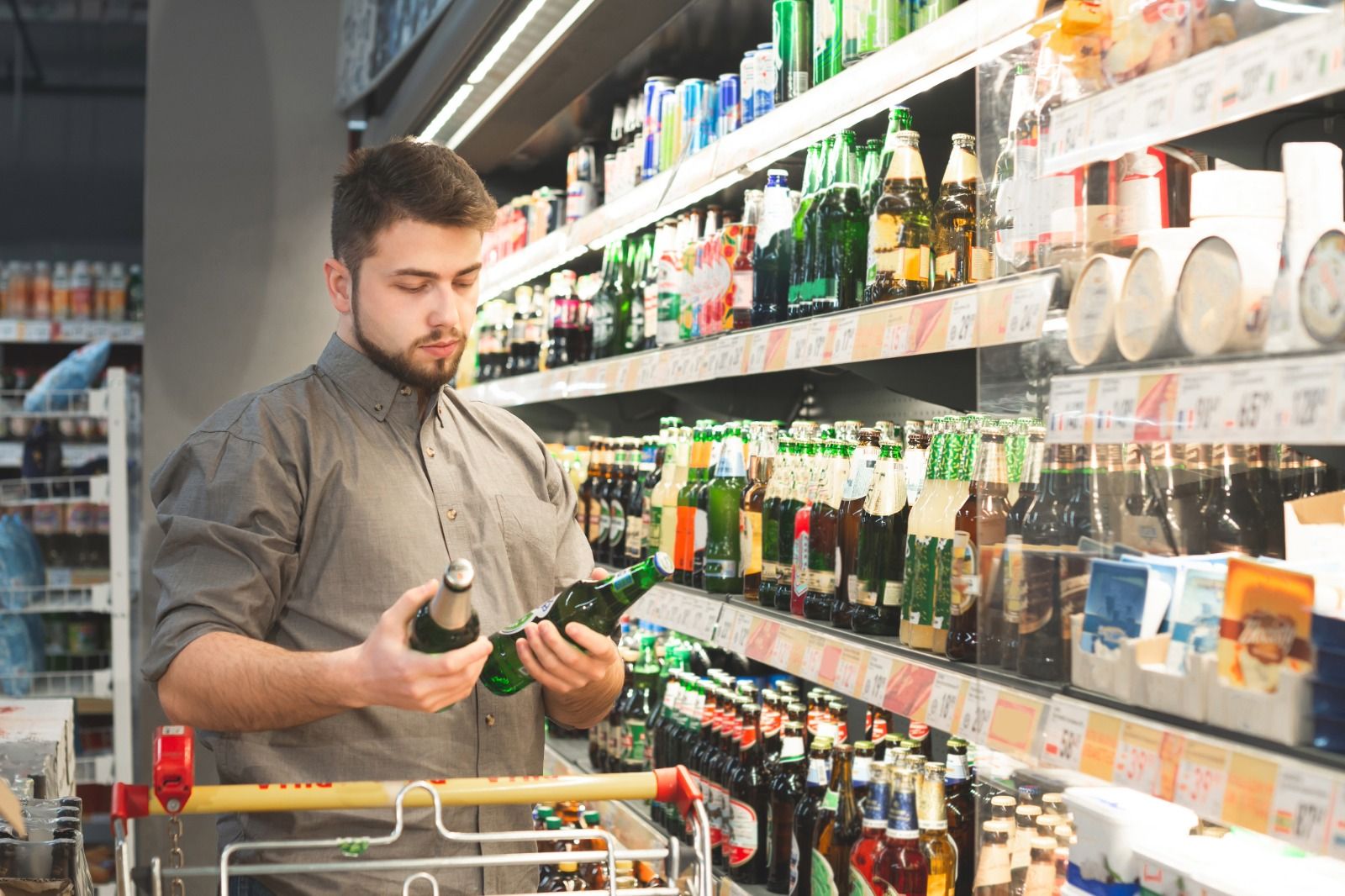
Your Business
The Current Challenges Affecting Consumer Behaviour in the Alcohol Industry
25/08/2025 From inflationary pressures to Gen Z’s digital-first mindset, shifting consumer dynamics are reshaping how the drinks sector must adapt
Like many other industries, the alcohol sector is undergoing a period of profound change. At the heart of this shift is the evolving profile of the consumer. Millennials and Gen Z now make up a significant share of the market, bringing with them new expectations, values, and behaviors. Their approach to spending, lifestyle choices, and digital engagement is driving both opportunities and challenges for producers, retailers, and the on-trade.
Several key factors are influencing this transformation, ranging from economic pressures to technological and cultural shifts. For businesses to remain competitive, understanding these dynamics is no longer optional—it is essential.
Inflation and Price Sensitivity
Inflation remains one of the most pressing challenges affecting consumer behavior. Rising costs across the supply chain are being felt by both businesses and end consumers. In the UK, food and non-alcoholic drink prices increased by 19.2% in the year leading up to February 2023, far outpacing the general inflation rate of around 10%.
For the alcohol sector, this translates to higher production, distribution, and retail costs, with the average price of a pint expected to surpass £5 in many outlets. The consequence is a more price-sensitive consumer base. Shoppers are increasingly trading down to affordable alternatives or cutting back on discretionary spending altogether, directly impacting on-trade traffic and premium brand sales.
However, within this challenge lies a paradox. While inflation drives price sensitivity, it has also sharpened consumer focus on value for money, which does not always equate to the cheapest option. This has given rise to selective premiumisation.
Premium Spirits and the Value Equation
Despite economic pressures, interest in premium spirits remains strong. Consumers are showing a preference for quality over quantity, aligning their purchases with the belief that fewer but better drinks deliver greater satisfaction. This shift suggests that premiumisation, when supported by transparent quality cues and strong brand storytelling, remains resilient even in difficult economic climates.
For retailers and distributors, this means the mid-range is most at risk. Consumers are either economising with entry-level products or trading up when they perceive clear value. Brands that effectively communicate craftsmanship, provenance, and uniqueness are well placed to retain loyalty.
Health and Wellness Beverages
The health and wellness trend continues to exert influence across beverage categories. Moderation, low- and no-alcohol options, and functional drinks are now firmly embedded in the consumer mindset. Gen Z in particular is less likely to view alcohol as central to socialising compared to previous generations.
The growing success of alcohol-free beers, low-ABV wines, and functional ready-to-drink options reflects this shift. Wellness-conscious consumers are prioritising balance, seeking products that support lifestyle goals without compromising on experience. This presents both a challenge and an opportunity for traditional alcohol brands to innovate and diversify.
Sustainability and Ethical Consumerism
Consumer demand for sustainability and ethical practices is another defining factor. The market is increasingly shaped by individuals who scrutinise the environmental and social impact of their purchases. This is evident across packaging choices, sourcing practices, and brand transparency.
For example, recyclable packaging, reduced carbon footprints, and visible commitments to environmental responsibility are influencing buying decisions. Brands that fail to demonstrate accountability risk being sidelined in favor of those that align with consumer values. Importantly, sustainability is no longer a niche preference—it is moving toward mainstream expectation.
Digital Influence: AI, Media, and Social Platforms
Technology is accelerating the pace of change in consumer behavior. Gen Z, in particular, is deeply influenced by digital platforms where trends are formed and consumption habits shaped. From viral cocktail recipes on TikTok to AI-driven product recommendations in online retail, the digital environment plays a central role in purchasing decisions.
Social media is not only a marketing channel but also a discovery platform where brand narratives, values, and authenticity are under constant scrutiny. Meanwhile, AI tools are enabling more personalised engagement, helping brands anticipate consumer preferences and tailor their offerings. Businesses that fail to integrate digital strategies into their approach risk losing relevance with the next generation of drinkers.
Adapting to the New Consumer Landscape
The alcohol industry is at a crossroads. Inflationary pressures demand pricing strategies that balance accessibility with profitability. Premium spirits prove that value-driven trade-ups are possible, but they require strong communication of quality. Health-conscious consumers and sustainability advocates are reshaping product portfolios, while digital platforms are redefining how brand equity is built and maintained.
For retailers, importers, and producers alike, the message is clear: adaptation is essential. Understanding the changing motivations of Millennials and Gen Z will be critical for long-term growth. The winners in this evolving market will be those who can align economic realities, ethical commitments, and digital fluency with consumer expectations.







